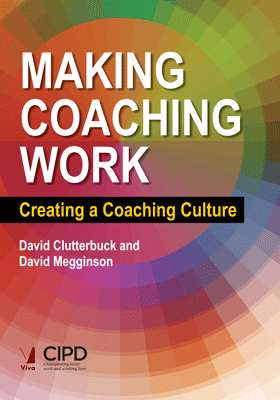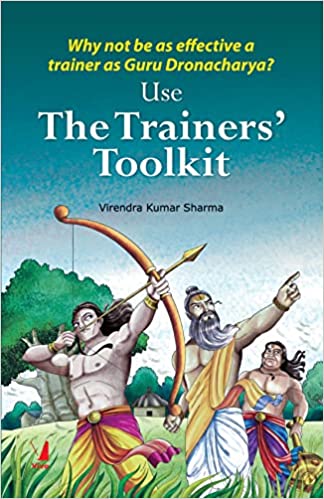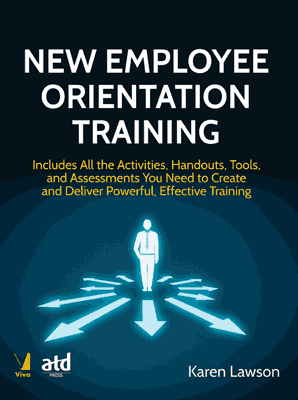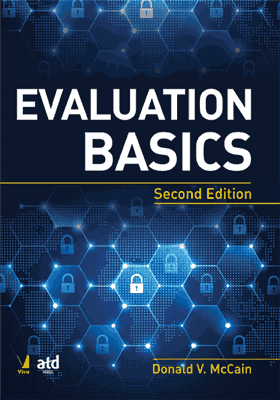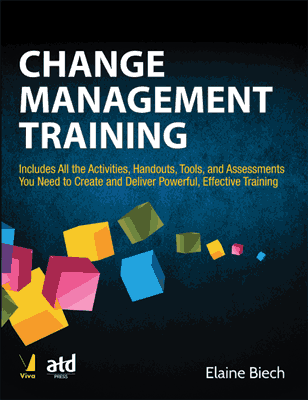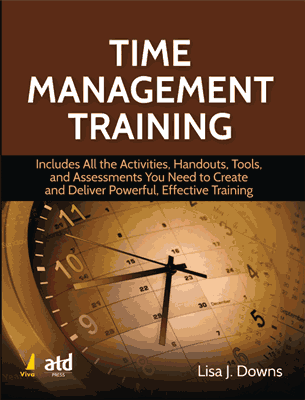Making Coaching Work
Making Coaching Work
Creating a Coaching Culture
₹445.50 ₹495.00 Save: ₹49.50 (10%)
Go to cartISBN: 9789386105080
Bind: Paperback
Year: 2017
Pages: 192
Size: 6.75 x 9.5 mm
Publisher: Chartered Institute of Personnel and Development
Published in India by: Viva Books
Exclusive Distributors: Viva Books
Sales Territory: India, Nepal, Pakistan, Bangladesh, Sri Lanka
"An essential role for HR practitioners in creating effective conditions for coaching is to ensure that the culture and climate within the organisation is supportive of learning and development. In the survey, 80% of respondents agreed that coaching will only work well in a culture that supports learning and development"
ClPD Training and Development Survey 2004
Description:
Coaching can work brilliantly. It can help you improve your employee retention levels, succession planning and organisational creativity. In a supportive culture, managers, coaches and coachees all trust each other and work together.
Sadly, even the best-managed coaching programme, with the best coaches, will fail if the real world where the coaching takes place doesn't match the fine words from HR.
Spending money on coaching without first ensuring that the groundwork has been done is a fast track to failure. Make sure your training and development budget delivers what you need by first creating a culture that supports coaching.
Target Audience:
People interested in Coaching, Students and Academicians of Human Resource Management.
Contents:
List of figures and tables • Acknowledgements • Preface
Chapter 1: The business case for creating a coaching culture • What this book sets out to do • Introduction • How much of a coaching culture do you want? • The case for coaching culture • Influences on strategy • Influences on performance • Influences on the key enablers of organisational performance • The consequences of not creating a coaching culture a proposal to the board • The bottom line
Chapter 2: What is a coaching culture? • Introduction • What is coaching? • What is culture? • What is a coaching culture? • Why is coaching culture an issue?
Chapter 3: Models and frameworks? Introduction • The coaching energy field • The literature • Methodology that produced the model • Our model from the case studies • Conclusion
Chapter 4: Coaching culture as a business driver? Introduction • Coaching has a core business driver to justify it • Integrating coaching practice or principles into all strategies and processes • Maintaining a clear link between coaching and high performance • Coaching becomes the way of doing business • Ensuring the results and rewards of coaching are visible • A cautionary note
Chapter 5: The skills base • Introduction • Encourage and trigger being a coachee • You can challenge your boss to coach • External coaches used to give coaches experience of being coached • Extensive training for both coach and coaches Summary • Integrating coach training for all • Coaches receive feedback on their use of coaching • After their training, coaches are followed up • Coaches are accredited, certificated or licensed • Summary
Chapter 6: Systems • Introduction • The systematic perspective • reward and recognise coaching • The systemic perspective • Summary
Chapter 7: Coaching and change? The move to coaching is managed • Senior group manages move to coaching • Line takes responsibility for coaching culture • Integrate coaching and culture change • Coaching supports delegation and empowerment • Conclusions
Chapter 8: Measuring the coaching culture • Introduction • Levels of measurement • Level 1: Quality of coaching within the relationship • Level 2: Coaching within the team • Level 3: Progress towards a coaching culture • Summary
Chapter 9: Cases • Introduction • ABN-Amro • Britvic: the managers’ story • HBOS • IBM • Janssen Pharmaceutica (J&J, Europe) • Creating a coaching culture at Kellogg's • KPMG • The Scottish Executive • Siemens Business Services • Vodafone • Walsall Metropolitan Borough Council
Chapter 10: Role of HR • The HR agenda • Making the business case • Good practice development • Creating the capability • Communication • Keeping coaching on the agenda • Measuring progress • Summary
Chapter 11: Conclusions • Introduction • Britvic case analysed against the model • Moving from level to level • Building an agenda for master coaches or embedding group
Resources and bibliography • Index
About the Author:
David Clutterbuck is one of Europe's most prolific and well-known management writers and thinkers. He has written more than 40 books including Managing Work-Life Balance, Learning Alliances and Everyone Needs a Mentor. The last is now the classic book on the subject. He is co-founder of the European Mentoring and Coaching Council, where he chairs the Research Committee, and visiting professor at Sheffield Hallam University.
David Megginson is professor of HRD at Sheffield Hallam University and a co-founder of the European Mentoring and Coaching Council. He is on both the Membership and Education Committees of the ClPD and the CPD Working Group and has written a number of books with the CIPD.
